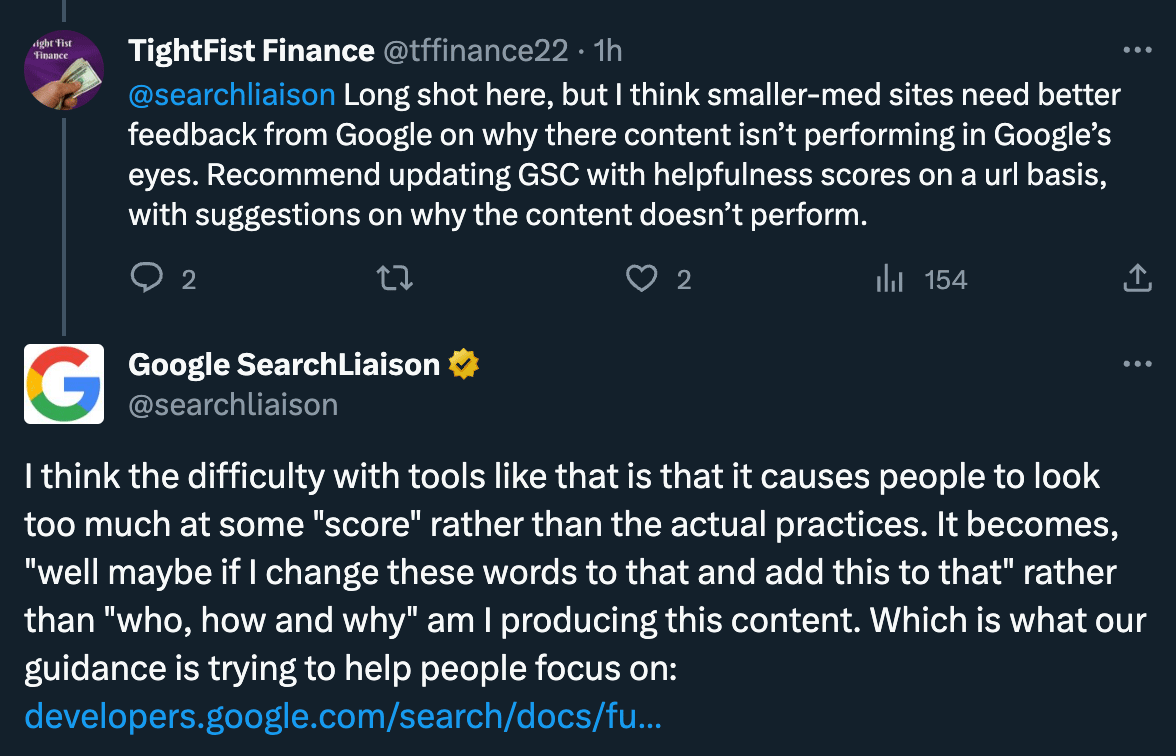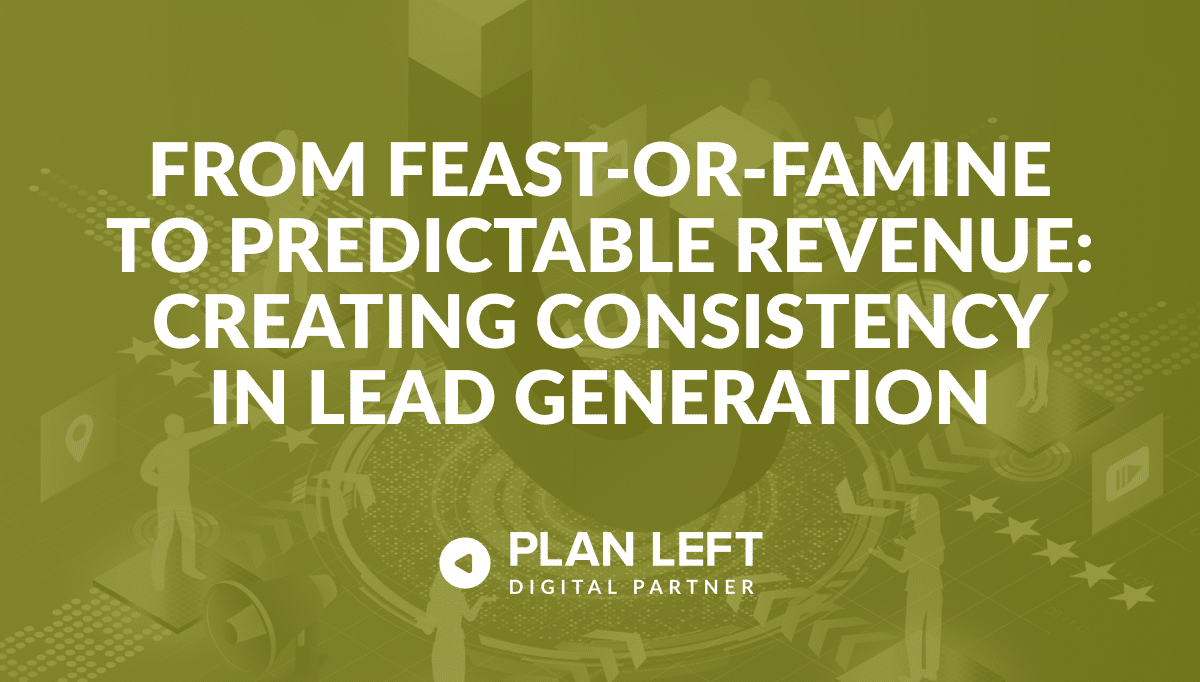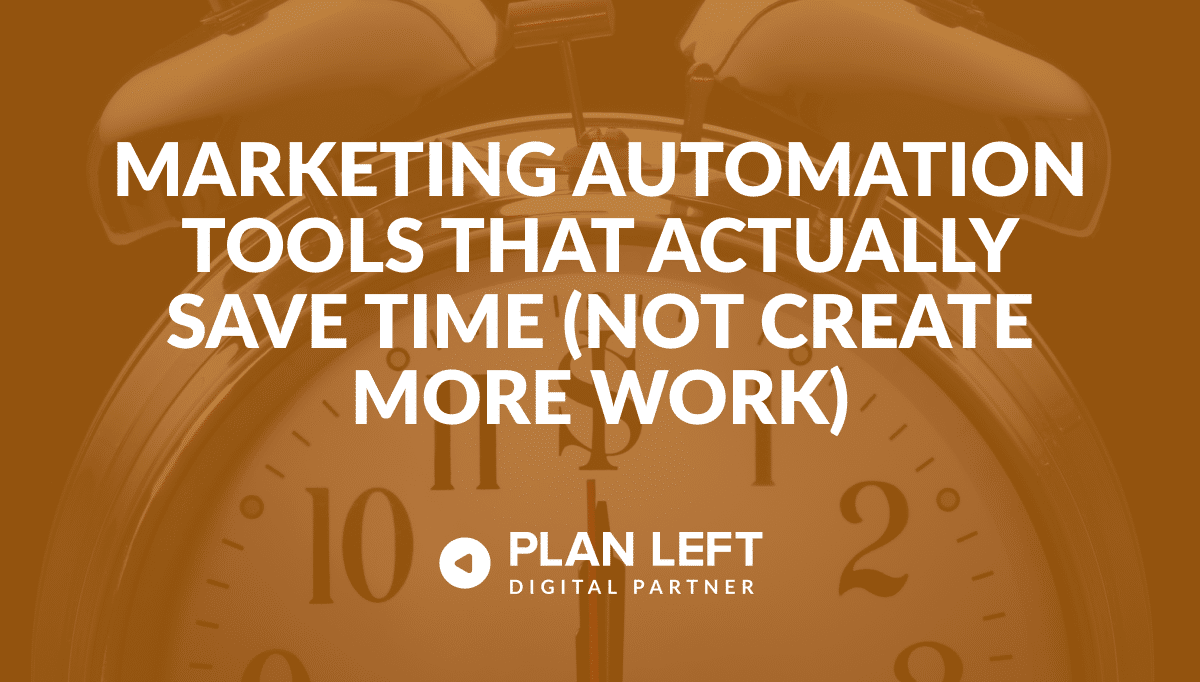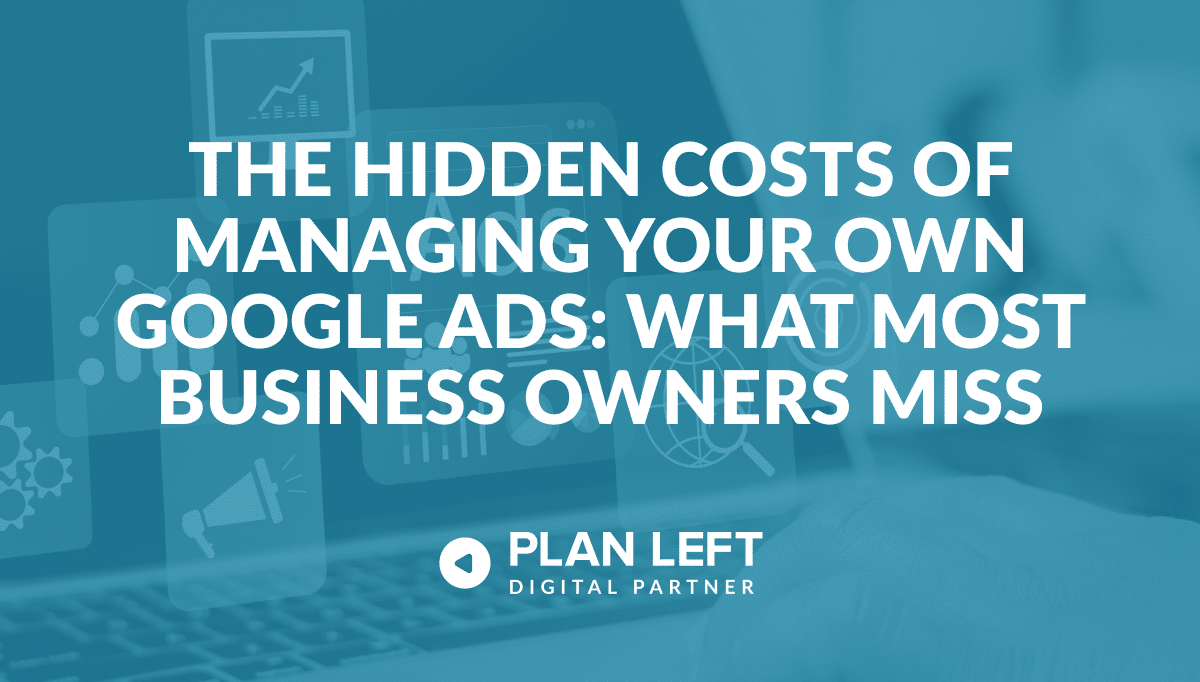
Welcome back to another edition of Coffee & SEO Chat, where we blend the highs and lows of the digital world with SEO updates. From Google’s innovative tools to combat misinformation to the intricacies of structured data, we’ve got insights ready for you.
Structured Data Merges
Google’s recent announcement at Google Search Central Live in Zurich has SEO enthusiasts buzzing. The tech giant has given the nod to merge two kinds of Schema.org structured data. And guess what? It’s already been validated by major structured data validators.
Here’s the scoop:
- Syntax Graph Merge – This is the magic behind the scenes. Google softly launched this feature, allowing entities described in multiple syntaxes (like JSON-LD, Microdata, and possibly RDFa) to come together seamlessly.
- JSON-LD vs. Microdata – JSON-LD vs. Microdata: While JSON-LD script is able to be placed anywhere on your webpage, Microdata integrates directly with your HTML. This means you are now able to communicate your main content to Google using Microdata without duplicating all that content in JSON-LD. In short, less code = same impact.
For publishers, this is a game-changer. You will now enjoy the benefits of low-code Microdata without being tied down to it. This change is a breath of fresh air, especially for those who reproduce entire articles in the articleBody property of various Schema.org structured data types.
But we know Google doesn’t do anything without the user in mind, right? Right. So, how does this improve the user experience?
Everyday users stand to gain a more streamlined and accurate online experience. With websites efficiently communicating their content to search engines, search results become more relevant. Say goodbye to wading through off-target content or stumbling upon outdated information. Additionally, cleaner website code could lead to quicker page loads, enhancing the browsing journey.
Seeing is Believing
Where seeing is often believing, Google’s latest initiative is taking on image misinformation, introducing a suite of tools to help tools discern the genuine from the manipulated.
A recent Poynter Institute study revealed a startling fact: 70% of participants needed clarification about verifying online images. With these new tools, Google is bridging this gap, championing a more informed and transparent online world.
About This Image introduces three new ways to offer more context about the images and sources users encounter. Announced earlier this year, Google is now rolling it out globally for English language users. This feature provides:
- An Image’s History – Users see when an image or similar images might have first appeared on Google Search. This is especially useful for determining if an image is being taken out of context.
- How Other Sites Use and Describe the Image – This offers a broader perspective on the image’s usage across the web.
- Image’s Metadata – Users view metadata, including indications if the image has been generated or enhanced by AI.
In addition to About This Image, Google has introduced two more powerful tools that delve deeper into the origins and context of images and sources:
Fact Check Explorer – This tool gives journalists and fact-checkers a deeper way to learn about an image or topic. A recent enhancement allows users to upload or copy the URL of any image into the Fact Check Explorer to see if it has been featured in an existing fact check. This version also provides an overview of the different contexts associated with the image and its evolution over time. Since its release, over 70% of beta users reported that the new image features significantly reduced their investigation time.
- Search Generative Experience – This feature is all about learning more about the source. If you come across a product or information from an unfamiliar source, generative AI now provides insights about that source. For users who opted into the Search Generative Experience, AI-generated descriptions of some sources will be available, supported by information from high-quality sites referencing that website.
SMBs Using AI in Marketing? Survey Says…
Not all SMBs are shying away from the AI revolution. With 44% of SMBs wanting to begin using it, it’s easy to see the reasons why:
- Tailored Customer Experiences – SMBs recognize the power of AI in crafting personalized experiences for their customers. By understanding individual preferences and behaviors, AI helps businesses offer tailor-made solutions, leading to enhanced customer loyalty.
- Automation is the Name of the Game – Why get bogged down with repetitive tasks when AI will handle them? From sending out marketing emails to analyzing customer feedback, AI is taking over routine chores, allowing businesses to focus on growth and innovation.
- Data-Driven Insights – With all the information available, making heads and tails out of the data may be daunting. Enter AI. With its ability to sift through data and provide actionable insights, businesses are better equipped to make informed decisions.
But it’s not all rosy. While the benefits are clear, SMBs face challenges in their AI journey, too, with a mere 26% of SMBs already putting money into AI. Why aren’t more already investing?
- The Cost Factor – Implementing AI doesn’t come cheap. Many SMBs are grappling with the financial implications of integrating such advanced tech into their operations.
- Effectiveness Dilemma – Is AI truly the game-changer it’s touted to be? Some businesses are on the fence, unsure if the results justify the investment.
- The AI Learning Curve – For many, AI remains an enigma. A lack of understanding of the technology and its potential benefits deter some SMBs.
It’s evident that AI will play a pivotal role in shaping the future of marketing for SMBs. The key lies in understanding the technology, recognizing its potential, and leveraging it to its fullest. Or partnering with an agency that augments the services for you (that’s us), saving your SMB time, money, and a headache or two.
Not Keeping Score With Content
Google’s Search Liaison Danny Sullivan shared some truths about content. For some reason, content is still a hot-button topic, and some cannot grasp that content should be about the user, not how many keywords you are able to stuff onto a webpage.
An example Sullivan used was if you write an article titled ‘20 fun things you can do today’ with the primary intention of ranking well for the term ‘fun things’ rather than genuinely providing value to readers, then that content may be deemed unhelpful. The essence is that the content wasn’t crafted for the user but was created for search ranking purposes.
Sullivan spoke about content not being about a ‘score’ but rather providing the who, what, why, when, where, and how behind the content.
Source: https://s3.amazonaws.com/images.seroundtable.com/tweet-2-1698189199.png
This feedback by Sullivan shouldn’t be new information or a shock to anyone, but it does explain the major waves caused by the Helpful Content update of September 2023. If you’re still writing content for an ‘X’ number of keywords, you’re playing a word game where no matter how high the ‘score,’ there will be no winner.
Leveling Up Google Analytics 360
Just when you thought you had a grasp of GA4, Google announces they’re making major transformations to Analytics 360 properties. GA4 was initially rolled out to adapt to the rapidly changing technological and regulatory landscape. With large enterprises and agencies in mind, these new features go beyond the core functionality of understanding consumer behaviors across digital platforms. The tool now leverages Google AI, offering more relevant insights and the ability to predict future purchasing behaviors and provide solutions for unknown consumer processes.
But what do these changes mean for us, the users? Let’s take a look:
- Custom Reporting Experiences – Google is enhancing the reporting experience by allowing users to assign customized reporting interfaces to different organizational roles and teams. This means advertising teams are now able to access campaign-specific reports, moving away from the generic GA4 interface.
- New Account Structuring – The update will introduce advanced data governance features. Users will have the flexibility to structure their accounts using subproperties and roll-up properties. This not only provides better access control but also streamlines reporting. Moreover, Google plans to integrate these properties with Display & Video 360, Campaign Manager 360, and Search Ads 360.
- Faster Data Export to BigQuery – GA4 will now offer a quicker and more reliable data export process to BigQuery, Google’s cloud data warehouse. To standardize the data analysis process, Google will be introducing a service legal agreement (SLA) to ensure insights are available for export consistently every day.
- Transition to GA4 – Google has made it clear that data from Universal Analytics will become inaccessible after July 1, 2024. Therefore, it’s crucial for users to transition to GA4 by March 2024 to retain essential data. If users don’t make the switch, all Universal Analytics properties and data will be deleted. This major shift is in response to evolving technological and regulatory environments, especially as certain advertising functionalities of Universal Analytics will no longer be operational for traffic in the European Economic Area (EEA). To aid in this transition, Google is launching an API-based upgrade option for GA4 properties, facilitating the migration of thousands of sites.
Watercooler Highlights
Before that last sip, let’s catch up on the latest buzz. These tidbits have been igniting discussions. Did you hear about Google Local Service Ads showing competitors? Google, Google, Google… So, whether you’re refilling your mug or just settling in, here are the latest watercooler highlights:
Google’s Local Services Ads Introduce Controversial Feature
To put it nicely, Google’s recent update to its Local Services Ads (LSA) has stirred up some controversy. After a user clicks on a Local Service Ad and sends a message to a business, Google now displays a list of competing companies, suggesting the user might also want to reach out to them.
This means that even after a user selects a specific business and engages with its ad, Google still promotes its competitors. While Google claims this feature is designed to remove friction for users, many advertisers are not pleased. Advertisers argue that this approach disrupts the traditional advertising model and could potentially dilute the value of their ad spend, which is a fair point. At what point is that user ‘fair game’? After the conversion (email sent)? Or should it be left as it has been when the user jumps back into the SERPs and actively looks for alternatives?
WordPress LiteSpeed Plugin Vulnerability
A recent vulnerability discovered in the WordPress LiteSpeed Cache plugin has put over 4 million websites at risk. This vulnerability allows attackers to potentially take over a website. Web admins and developers are urged to update the plugin to its latest version to safeguard their sites.
E-E-A-T & Knowledge Graph Update
Google’s E-E-A-T (Experience, Expertise, Authoritativeness, Trustworthiness) and Knowledge Graph were significantly updated in 2023. This update emphasizes the importance of authoritative content and how it’s presented in the Knowledge Graph. The goal of this update is to provide users with more accurate and trustworthy information.
DALL-E 3 Image Generator in ChatGPT Plus
OpenAI has expanded access to its new AI image generator, DALL-E 3, for ChatGPT Plus and Enterprise subscribers. Images are now produced in ChatGPT based on textual prompts. This is not without problems, with problematic content slipping through. OpenAI says measures have been implemented to mitigate risks.

Blogs Dominate Top Google Positions
If you are not blogging, you need to. A study by BrightEdge highlights the power of blogging, revealing that blog posts occupy roughly 23% of the top 5 positions on Google. This emphasizes the importance of quality blog content for visibility on Google.
SEO requires a keen eye and a thirst for knowledge. At Plan Left, our Coffee & SEO Chats aren’t just updates—they’re conversations. Let’s brew some insights and decode the digital realm together. Ready to elevate your SEO game? Reach out to us, and let’s chart the path to your online triumph.
Explore Latest Posts
From Feast-or-Famine to Predictable Revenue: Creating Consistency in Lead Generation The revenue roller coaster is exhausting. Some months your pipeline ... read more
February 25, 2026
Marketing Automation Tools That Actually Save Time (Not Create More Work) Your marketing to-do list keeps growing faster than you ... read more
February 18, 2026
The Hidden Costs of Managing Your Own Google Ads: What Most Business Owners Miss Google Ads seems straightforward enough: pick ... read more
February 11, 2026
Essential Strategies for Entrepreneurs
Get Actionable Business Insights & Marketing Tips
Our newsletter delivers real-world strategies from entrepreneurs who’ve been exactly where you are.
Sign up now for:
- Actionable growth strategies that work
- Insider tactics for attracting top talent
- Real-world case studies from successful founders
- Emerging tech trends that drive innovation
- Pragmatic marketing approaches for visionary leaders
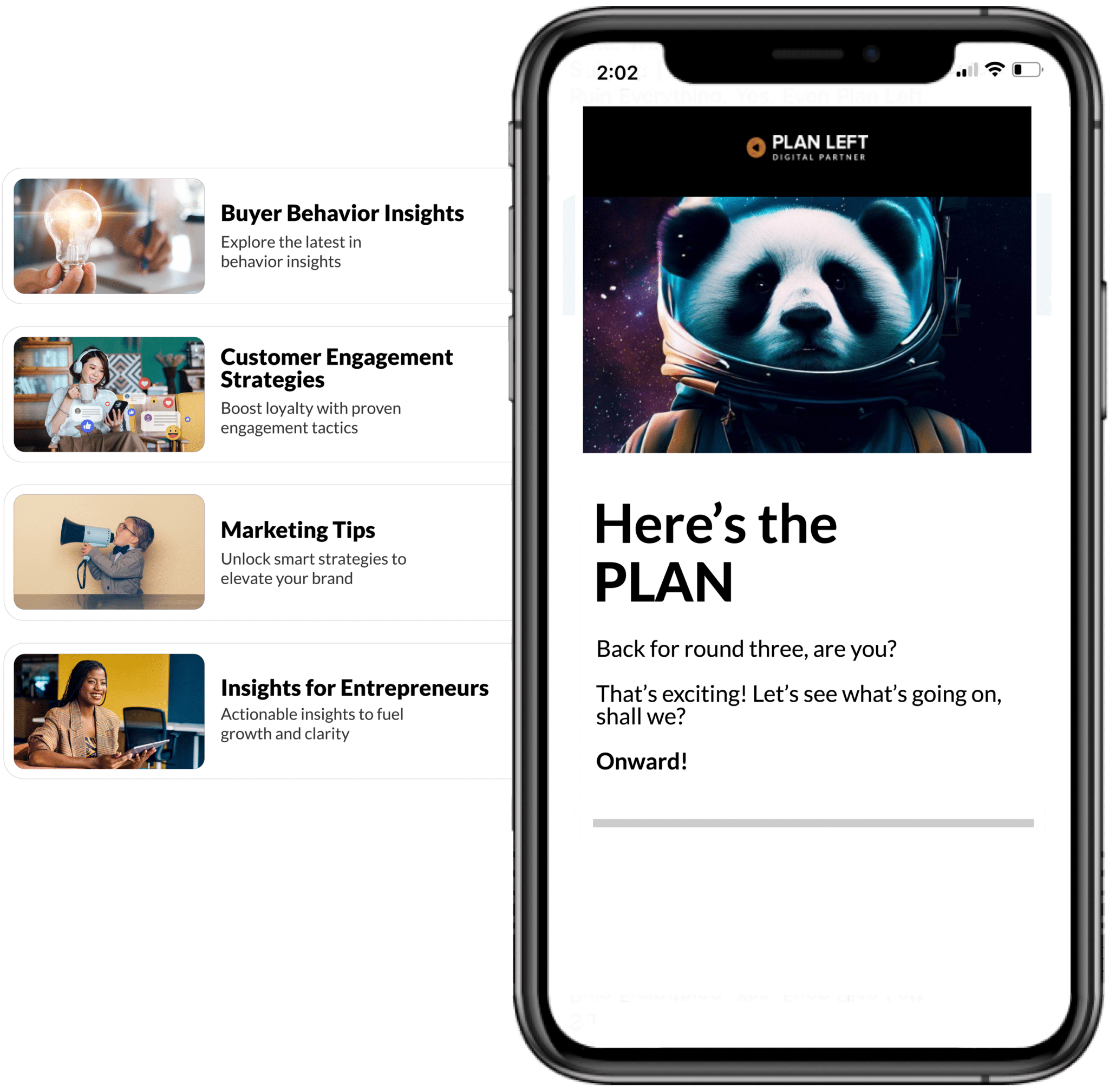
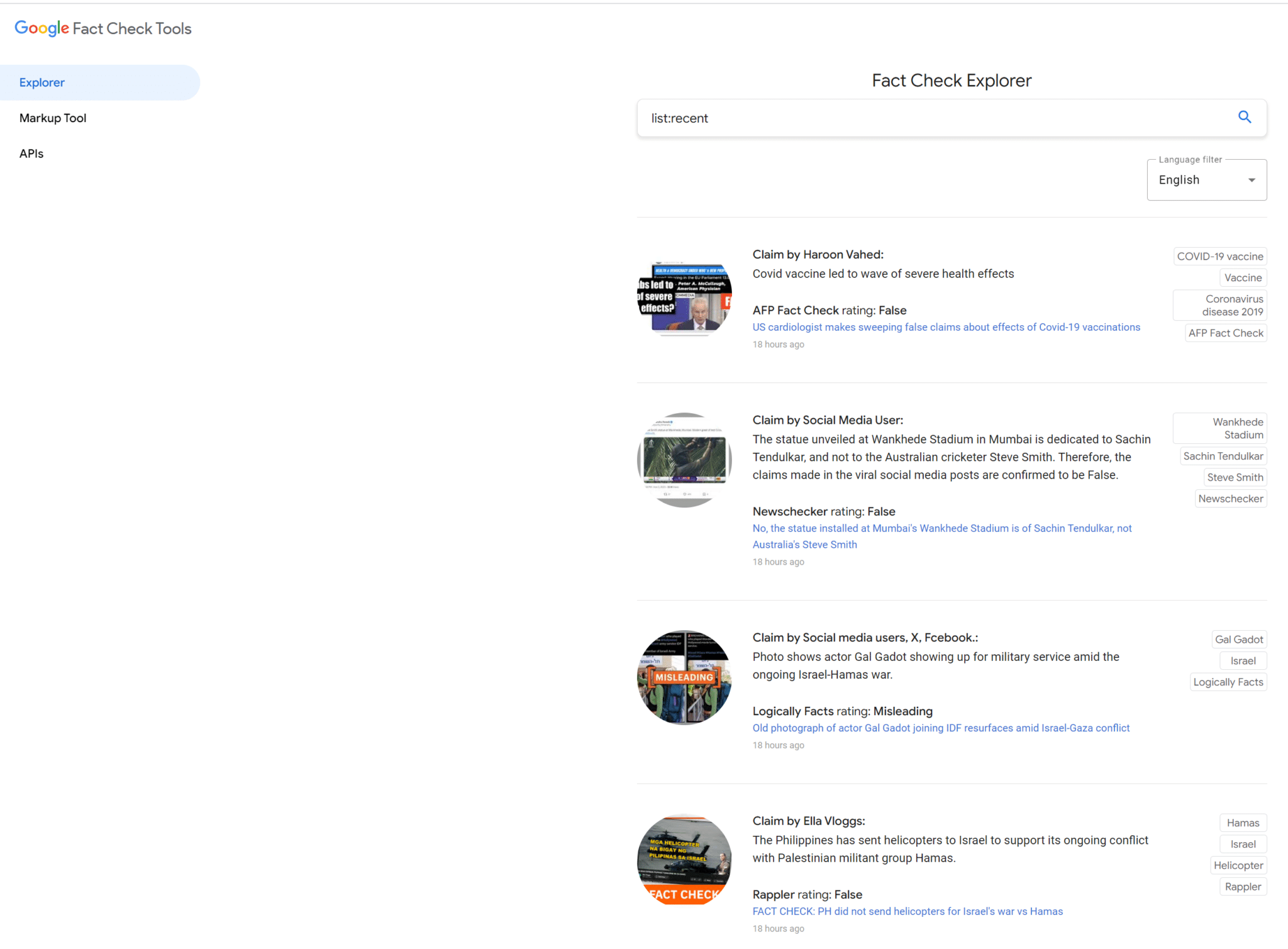 Fact Check Explorer – This tool gives journalists and fact-checkers a deeper way to learn about an image or topic. A recent enhancement allows users to upload or copy the URL of any image into the
Fact Check Explorer – This tool gives journalists and fact-checkers a deeper way to learn about an image or topic. A recent enhancement allows users to upload or copy the URL of any image into the 